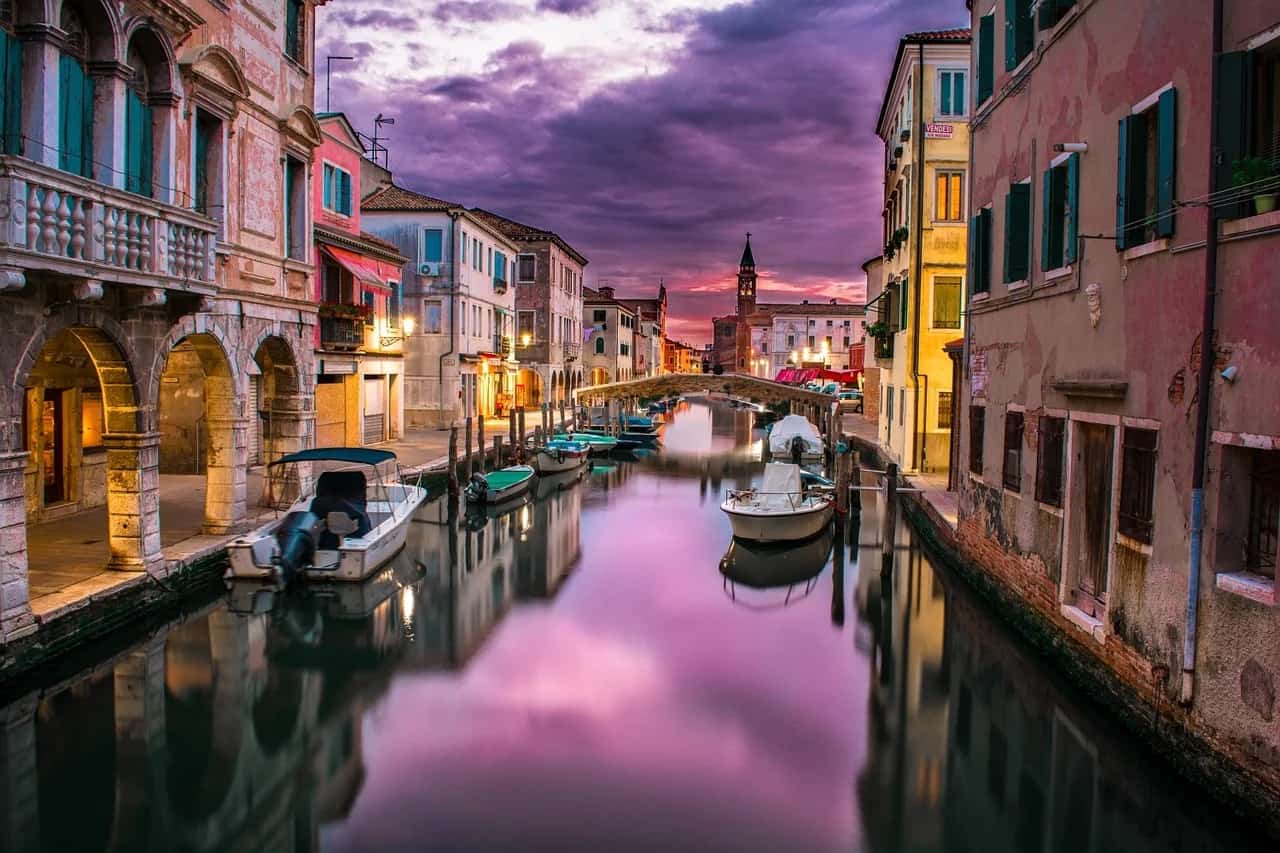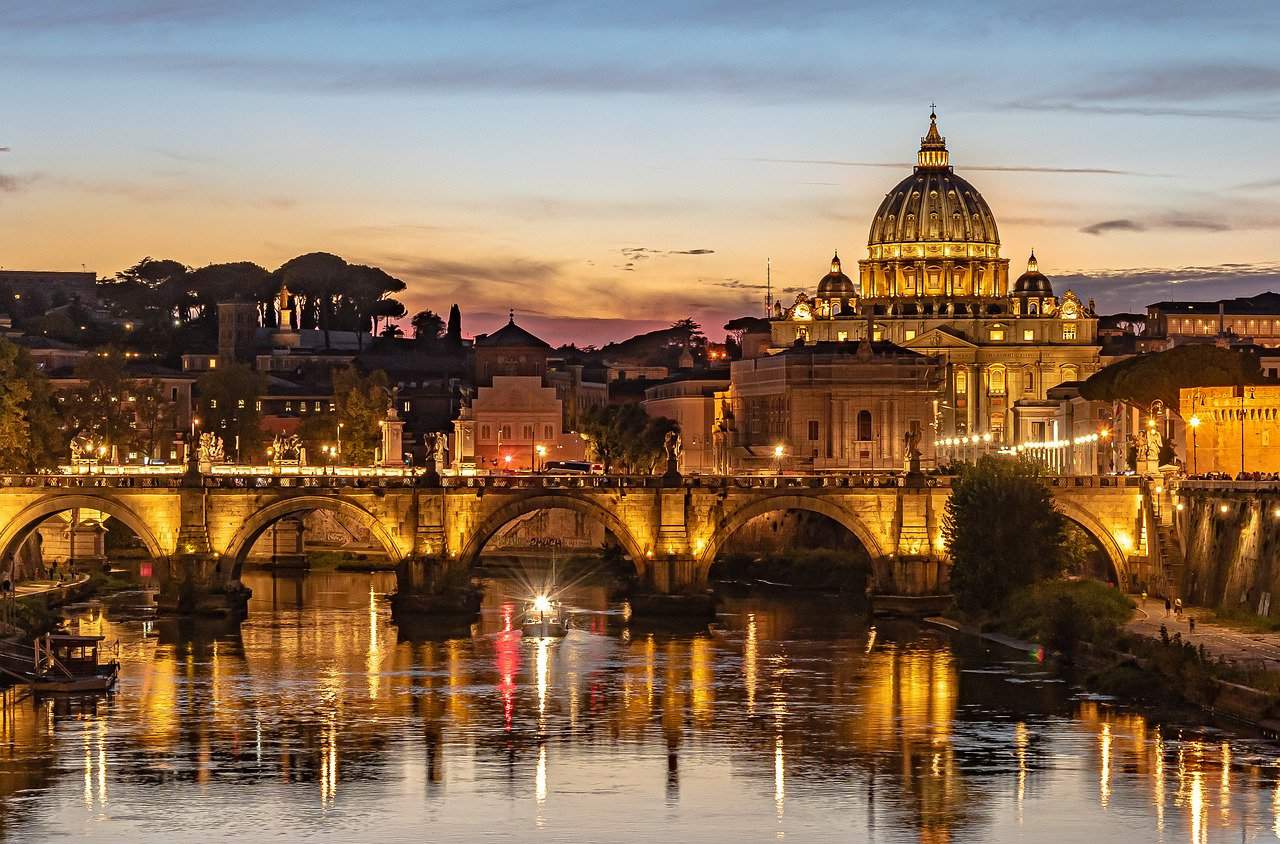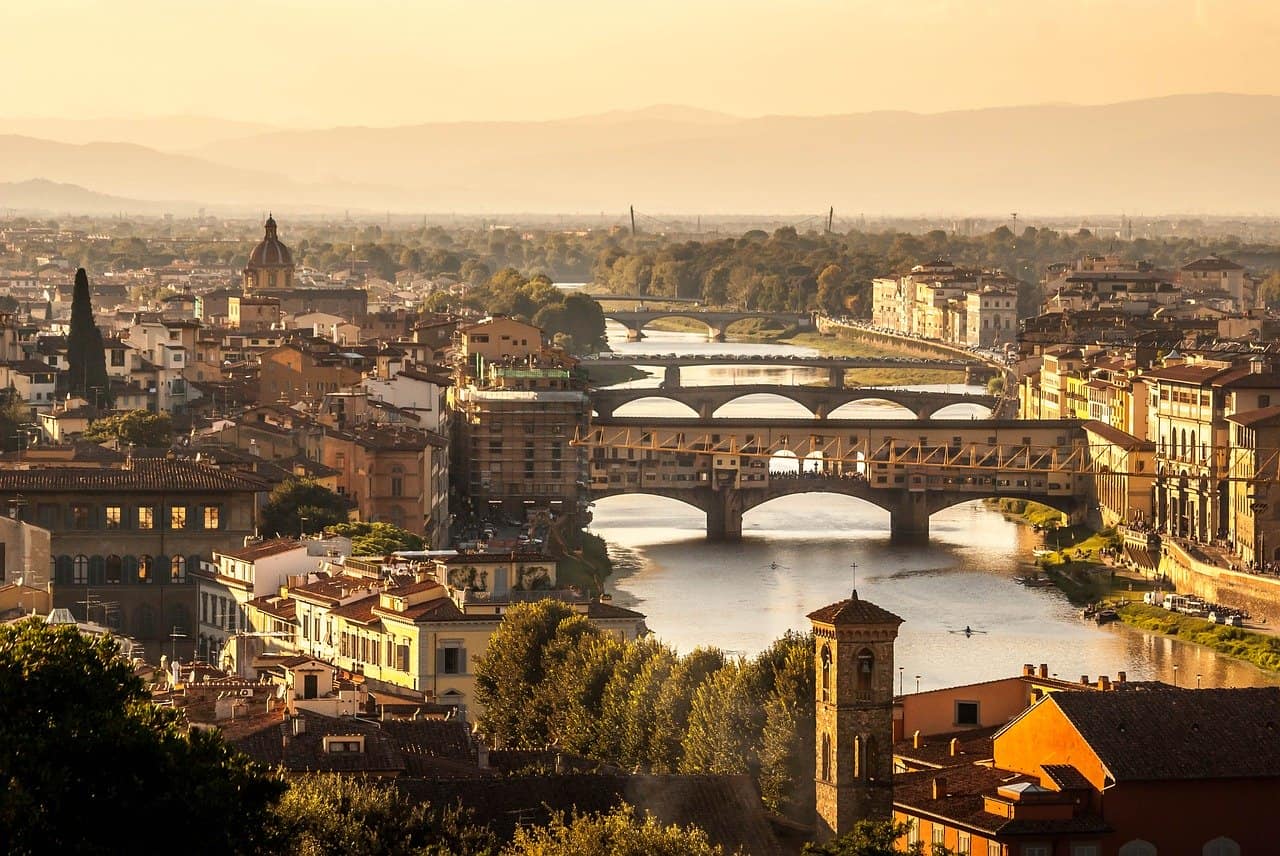If you buy into the idea of being a citizen of the world, then you might not be very keen on digging deeper into your family history to learn more about your origins. However, you cannot deny the importance of lineage and the fact that you cannot truly know where you are going unless you know where you came from. Your story is an extension to your ancestors’, you are a byproduct of their ideas, personalities and individualities.
This blend is particularly obvious in people who have more than one nationality. They carry a mix of cultures and traditions that can easily be traced back to each of their nationalities. While some countries allow dual citizenship, others for political reasons choose not to avail this option. Aside from the common conditions for citizenship like being born in the country like the case with the United States or by “right of blood” like many European countries including Italy. If you have any Italian ancestors, believe it or not, you might actually be eligible for an Italian citizenship. To learn more about the criteria and applications of this citizenship principle, continue reading the below:
Jus Sanguinis or Right of Blood in Italy
The Italian nationality law allows citizenship to be passed along the paternal line regardless of the place of birth of the descendants. It also entails that all descendants born after 1 January 1948 have the right to inherit the Italian nationality through their maternal line. What is interesting to know is that you can still claim your italian citizenship even if your parents or grandparents who were born outside of Italy naver claimed theirs. This is a huge privilege especially if your native born country is at a state of war and you are under the threat of being displaced. Your italian heritage can be the life line that saves you from an otherwise ominous fate.
Procedures of Claiming Italian Citizenship
Although the rules can be simple, the process of acquiring the Italian citizenship can be very confusing. From language barriers to complicated consulate rules, to misleading information, you can easily get lost if you attempt to figure this out on your own. You will need to work with Italian dual citizenship experts who can help you figure out your stance and advise you accordingly. These experts will provide you with translators, genealogists to prove lineage and citizenship lawyers to build and present your case to court if required. However, if you do not have real information about your Italian ancestry, you will have to take matters into your own hands and do the work by yourself, below are some ideas for how/where you can start:
- Look for a Valid Record or Document This can be an authentic birth or death certificate, or any kind of document that makes you believe to have an Italian ancestry. It is important to note that this should be an official document issued and notarized by official authorities.
- Question your Own Name Your first clue might be right under your nose and yet somehow you might actually miss it. If you carry an exotic italian name, perhaps it is time to further interrogate your father about it instead of settling for his vague answer about your mother’s fascination with the Italian culture.
- Collect Information about your Family Heirloom This can be a little harder to identify if you do not have any other reason to suspect your Italian ancestry nor are you an art connoisseur. However, you should at least know the story behind your family heirloom that has been passed on through the generations. Listen for clues from different family members that you can trace back to Italy to help you verify your Italian roots. Your aunt who seems to know everything about everyone is a great place to start, you will probably get all the information you need out of her without even trying.
- Study your Family Tree Do not just skim through your family tree like you usually do, instead, study it and look beyond the given first and last names. Maiden names of your female family members can divulge concealed information about your ancestry.
- Reach Out to Current Inhabitants of the Suspected Italian City Once you start connecting the dots and you are able to narrow down your Italian descent to a certain city. Use social media to reach out to any of the current inhabitants who can provide you with some helpful information about your ancestors. They might even surprise you and agree to look for communal records on your behalf if you are unable to make the trip to Italy by yourself.
- Join Italian Ancestry Forums Nowadays, you can find tons of resources about Italian ancestry on many of the specialized online forums. You will also be able to connect with other people who are on the same journey as yours. Exchanging such information and useful tips keep you motivated to stay the course until you find what you are looking for.
- Hire a Specialist If you feel like you are hitting a wall or get tired from playing Sherlock Holmes, but still have enough reason to believe that you have Italian ancestry, then it is time to hire a genealogist. Genealogists are experts in tracing ancestry and know how to study and connect what might seem to you as random information. Do some research and find one with a promising track record to acquire fast and accurate results.
Basic Criteria for Claiming Dual Citizenship
Now that you have concrete proof that you have Italian ancestry, the next step is to consider the below limitations before applying especially if your ancestor(s) has moved out of Italy during their lifetime:
- The City your Ancestors Were Born in Some northern cities in Italy used to be under the Austrian governance, so if your ancestor came from one of those cities and left Italy before the year 1920, there is a great chance that she/he ever actually owned an Italian citizenship. Which by default revokes your right to claim the Italian citizenship for yourself.
- The Year your Ancestors Left Italy If your ancestor(s) left Italy before it was declared an independent country in 1861, then this means that they could never have been Italian citizens themselves, so there is no point for you to seek citizenship. Also if your ancestor(s) lost the Italian nationality for any reason between 1912 and 1992, you might not be eligible to apply for the Italian citizenship by descent unless the child you descended from was born before they lost their citizenship.
- The Gender of your Ancestor Being a descent of a male or female Italian ancestor can actually have an effect on your right to apply for an Italian citizenship by descent. Some old Italian laws denied women the right to pass down the Italian nationality to their descendants. However, given that these laws are clearly gender-biased, your citizenship lawyer can challenge their legality today to help you qualify for dual citizenship.
- Your Ancestor Age When She/He Left Italy Whether your ancestor left Italy as a minor or an adult, this can affect your chances of being able to acquire the dual citizenship you are seeking.
Benefits of Having a Dual Citizenship
By now you might feel that seeking Italian citizenship by descent is a long and daunting process, so it is a good time to discuss the potential benefits to help you remain motivated:
- Italian citizenship qualifies you to move freely through the European Union countries and have the rights to live, study or work as any citizen of the union.
- You will be entitled to access all of the governmental benefits in Italy such as national health insurance and unemployment benefits.
- As an Italian citizen, you will have more job opportunities especially in politics and other public service entities that would have never been accessible to you otherwise.
- You will be able to join the college of your choice and pay much lower tuition costs than international students.
- You will have the right to vote for political leaders in Italy
- You will unlock investment opportunities in Italy and the EU that you wouldn’t have had access to before.
- You can purchase and own property in Italy and the EU for more attractive prices than those offered to foreigners.
- If all of the above does not strike your fancy, perhaps the mere fact that you can freely drink in the Italian culture and live amongst one of the dreamiest countries in the world can give you the push that you need to claim your descendant citizenship rights.
Even if you do not think that any of the above reasons are compelling enough, your heritage is an integral part of your identity. The chance to connect with your blood relatives, neighbors and even fellow citizens can be an enriching experience that you do not want to miss out on. These links will help you find your place in the world, you will also learn a lot about yourself along the way. You do not really need a list of benefits to convince you to embark on this adventure and unearth your Italian roots, just follow the leads that you have and get going.
What to Expect in the Consular Appointment
After you apply for your dual citizenship, you will be asked to show up for a consular appointment to discuss your application. It will be worth it to understand what to expect from this appointment.
- You have to submit your documents by hand and show up for the appointment yourself, you cannot appoint someone to do it for you.
- A consular official will check your documents and make sure you provided all the necessary papers and might even discuss some details with you.
- The most important thing that you will need to have proof of and show to the consular official is the unbroken ancestral link between you and your Italian predecessor.
- Make sure you take copies of all the documents you submit as the consulate will keep all of your originals.
- You may be asked to come back at a later date if your documents are incomplete or contain any discrepancies.
- You will have to show that your consular forms are filled and signed either in the consulate or in front of a notary before your appointment at the consulate.
It’s such an exciting privilege to have a polycultural background. The Italian citizenship will give you the permission to explore Europe and live another life than the one you have should you choose. Not many people get the chance to live a second life or even just have the option to move to a brand new country without having to worry that they will be treated as foreigners. You will have the same rights as any other Italian national and have two home countries instead of one. Use the information in this article as an introductory guide to help you through your journey of claiming your Italian citizenship.
Connect with people like you and learn from their experience. Although the journey might feel daunting, keep an open mind and try to make the most out of everything you learn and the people you meet. Who knows, you might make some valuable friendships along the way and be able to help others later on who go through a similar situation as yours. The process can be lengthy and take anywhere between one to five years and sometimes more, so there is no point of making any snap decisions regarding relocation and uprooting your family.
Take the time to discuss with your spouse what are your family’s options to connect with your Italian heritage while maintaining the stable life you have in your birth country. You will probably find that taking it one step at a time is the best way to go. Start taking more frequent vacations to Italy, and definitely learn the language so that when the time comes and you decide to explore the option of moving there, you will be confident that it was the right move.






















